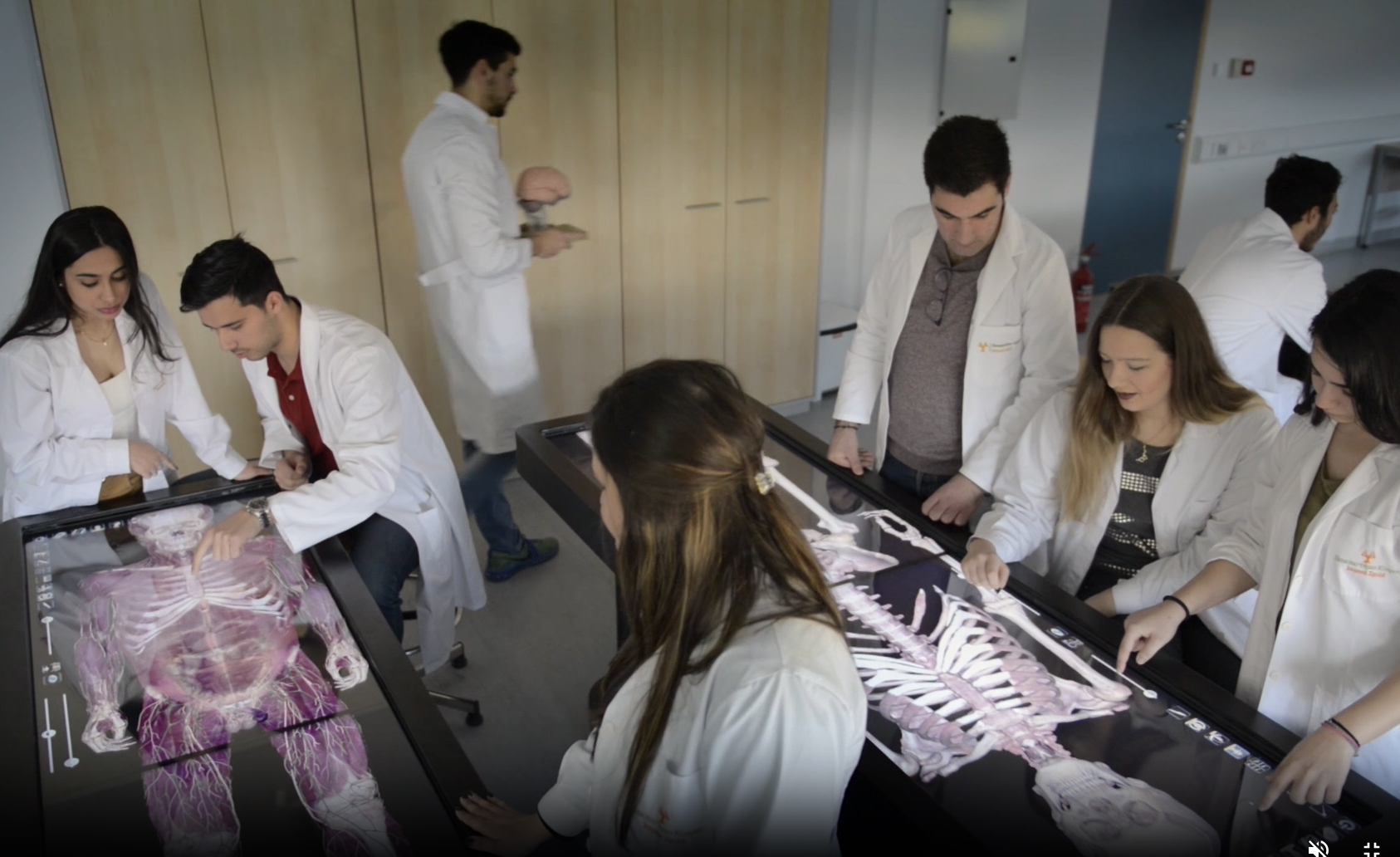A debate took place this week in the House health committee over a new bill establishing a legal framework for the creation and operation of university clinics and hospitals in Cyprus.
The draft law has divided academics, doctors and political parties, though all sides agree on the need for a clear, modern structure linking medical education with high-quality healthcare.
Health Minister Michael Damianos described the proposal as “of utmost importance” for the health system and medical training. Speaking after the committee session, he said the bill would “for the first time set a clear framework” for establishing university hospitals and clinics.
He added that it would safeguard both the quality of medical education and the standard of care for patients. Damianos said the aim was to create five university clinics, pathology, psychiatry, paediatrics, surgery and neurology, in both public and private hospitals.
Each of the four main clinics would have at least ten beds drawn from existing facilities, meaning no new infrastructure would be needed. Nicosia general hospital, he added, already operates as a referral hospital with sufficient capacity.
Responding to questions on cost, the minister said that labour expenses would be covered by the health insurance organisation, explaining that the number of doctors had already been set to prevent any financial deficit.
He insisted that university clinics “do not create deficits” and said they must begin operating soon to attract distinguished academic doctors.
Committee chairman Efthymios Diplaros confirmed the discussion was at a very early stage, saying “there are diametrically opposed views” among those involved.
“Academics from public and private universities, government doctors, everyone disagrees with everyone,” he remarked.
He explained that many doctors claim there was no consultation and have yet to present their formal positions.
Akel MP Marina Nicolaou expressed strong reservations about how the bill was introduced, accusing the government of “lack of consultation and haste”. She warned that public hospitals could face new problems if the legislation is not carefully prepared.
While reaffirming Akel’s long-standing support for university clinics, she said it was essential to “ensure cooperation among doctors without inequalities, protect jobs and maintain the viability of public hospitals”.
Diko MP Chrysanthos Savvides backed the proposal, describing it as a “valuable bill” that would advance medical schools, the health system and research.
“It is unthinkable to have medical schools without university hospitals and clinics,” he said, adding that Diko supports continuing the discussion and is open to amendments.
The issue of university clinics in Cyprus dates back to 2016, when then University of Cyprus rector Constantinos Christofides attempted to send academic doctors to Nicosia general hospital to begin work.
The move led to a confrontation with the government doctors’ union Pasyki, which threatened strike action. The union objected to medical professors heading hospital clinics and to the possibility of professors receiving two salaries, one from the university and another from the hospital.
At the time, then Health Minister George Pamborides did not back the university, and the plan was dropped on the grounds that no regulations existed for university clinics.
The episode left the UCy medical school, founded in 2013, operating without its own clinical facilities. Private universities later reached agreements with public hospitals in Larnaca, Limassol and Paphos to provide their students with practical training under government doctors.
Damianos said the new bill draws expertise from three countries with successful models and has been under discussion for nearly a decade. He said that under an intergovernmental agreement with Greece, clinical specialisations can currently only be offered in public hospitals.
The health committee will continue debating the bill in the coming weeks, with input expected from universities, doctors’ associations and professional organisations before any decision is taken on whether to send it to the plenary.






Click here to change your cookie preferences